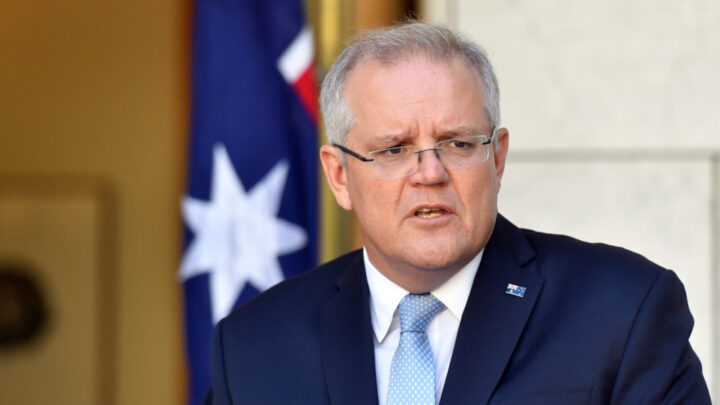
Late on Wednesday, March 9, Australian Prime Minister Scott Morrison announced that flood-stricken areas of Australia would be declared a National Emergency.
“I intend to recommend to the Governor-General to make a National Emergency Declaration covering this severe weather and flooding event across New South Wales and Queensland to ensure all our emergency powers are available and that we cut through any red tape we might face in delivering services and support on the ground,” the Prime Minister said.
“I have made this decision today, in consultation with the Premiers, after further briefings from government agencies about the situation in northern NSW and seeing the catastrophe firsthand. We introduced the power to make a National Emergency Declaration after the Black Summer bushfires and it will ensure our Ministers and agencies don’t face any unnecessary bureaucracy as they roll out what communities need.
“The feedback we’ve had from communities, state governments and my own ministers who have visited the impacted areas has helped us identify where the gaps are right now, and how we can get support out the door quickly to where it’s needed.”
News podcast The Briefing reported that Morrison is being criticised for his heavily “stage-managed” tour of flood-impacted areas across Lismore on Wednesday, March 9, and again across South East Queensland on Thursday, March 10.
It was during this tour on March 9, that Morrison apologised for the Government’s slow response to this emergency. However, this apology has also been criticised. According to The Briefing, Morrison seemed to blame impacted residents’ high standards as the cause of raging emotion and upset in regard to the governmental response to the flood across Australia. Decide for yourself. Morrison’s apology was this:
“I don’t think any amount of support was ever going to be enough. And so every Federal Government would always be apologetic and would always apologise that you’re never going to be able to provide enough support in these situations. And so I do understand that, and I do respect that. And that’s why I do apologise that the amount of support that has been provided and continues to be provided, I still don’t believe will always meet the expectations that are just at, you know, very high levels, and understandably so.”
Journalists in this same press conference asked the Prime Minister why this Emergency Declaration had taken “so long”. In response, Morrison said “Well, I don’t think it has taken long and I don’t think it, I mean, we’re following the process that is required for such a declaration. And so, you know, as yet, we still haven’t received a formal recommendation from either of those states. And that’s why I’ve taken the initiative to request such a direction or a recommendation. And I look forward to that to be completed over the course of the week.”
However, this announcement has been greatly criticised by residents in impacted areas, and other Australians alike, saying its ‘too little, too late’. Lee, a resident of Rocklea, one of Brisbane’s worst-hit suburbs, shared with Starts At 60:
“I understand that Scott Morrison was isolating for Covid-19, and couldn’t be there himself, but surely he could still have released updates that at least recognised the gravity of the situation and was actually going to help individuals within communities that had been affected?”
“All of the support I saw provided was a local, grassroots effort in no way created or supported by the federal government. This National emergency is two weeks too late.
In regard to the National Emergency only being called now that Sydney has been impacted, Lee said “it’s ridiculous. So all the people in Gympie, Maryborough and Brisbane that have also been affected, those people across Queensland and Northern New South Wales don’t count??”
More to come as the story develops.